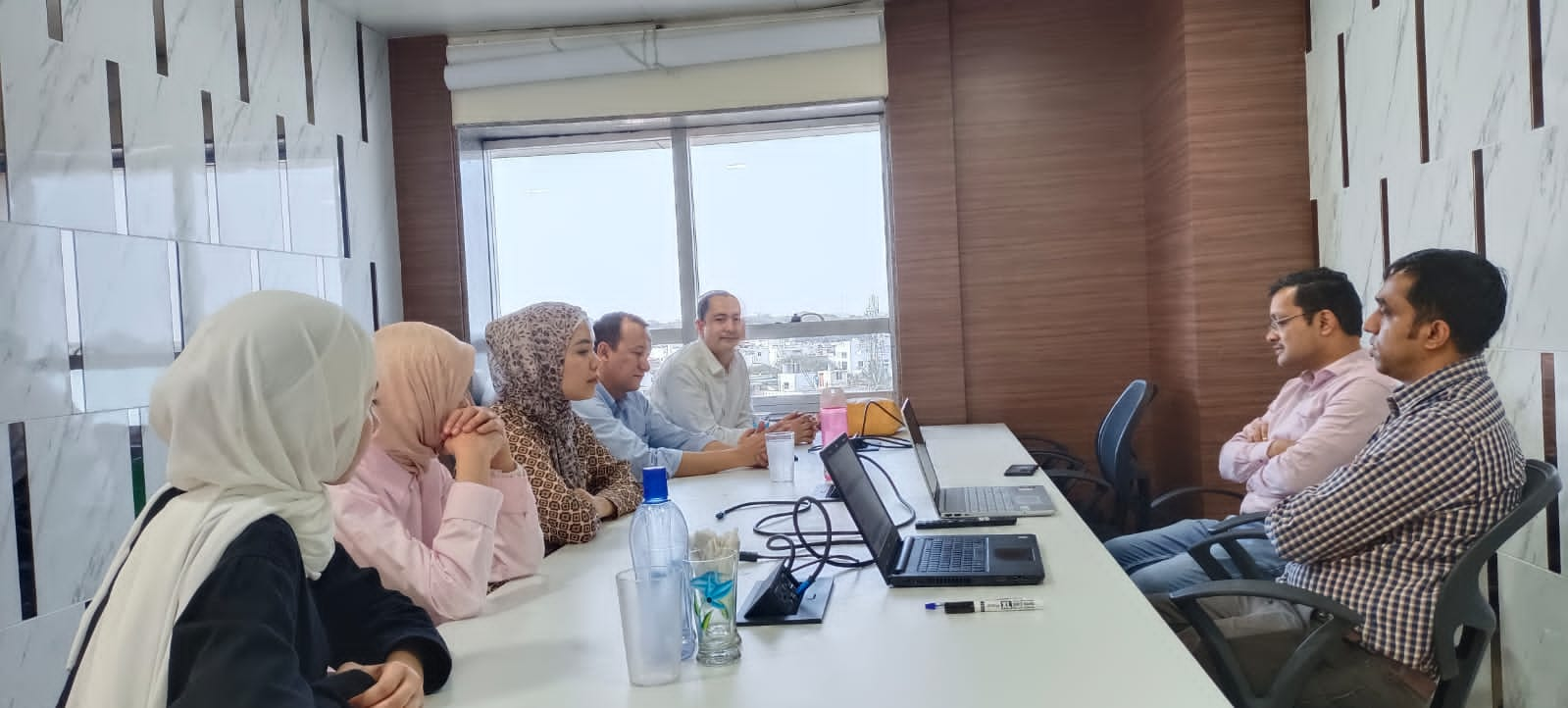Tashkent, Uzbekistan
Thalassemia in Uzbekistan represents a complex healthcare challenge that demands a multi-faceted approach.
Thalassemia, a genetic blood disorder characterized by abnormal hemoglobin production, poses a significant health challenge in Uzbekistan. With a high prevalence of thalassemia carriers and limited resources for comprehensive management, the country faces the need for increased awareness, education, and improved healthcare infrastructure to address this inherited condition effectively.
Uzbekistan has a relatively high carrier rate for thalassemia, particularly in regions with close-knit communities where consanguineous marriages are more common. The genetic nature of thalassemia means that when both parents are carriers, their children have a higher likelihood of inheriting the disorder. As a result, the country experiences a higher incidence of thalassemia cases, placing a burden on healthcare systems and families.
Diagnosing thalassemia requires specialized testing, and in many cases, affected individuals may not be aware of their carrier status until they have children with the disorder. Furthermore, limited access to advanced diagnostic tools in certain regions of Uzbekistan hinders early detection and intervention. Treatment for thalassemia often involves regular blood transfusions and iron chelation therapy, which can be financially and logistically challenging for affected families.
To address the thalassemia challenge in Uzbekistan, there is a crucial need for widespread public awareness campaigns. Education about the genetic risk factors, the importance of carrier screening, and available support services can empower individuals and families to make informed decisions regarding their reproductive health.
Uzbekistan's healthcare system can benefit from increased governmental initiatives aimed at thalassemia prevention, screening, and treatment. Collaboration with international organizations and sharing best practices from countries that have successfully managed thalassemia can contribute to the development of effective strategies tailored to Uzbekistan's unique healthcare landscape.
Cure2Children, in collaboration with DKMS-Germany, has lounched a collaboration with the National Children's Medical Center in Tashkent aiming at providing accessible and sustainable cure of thalassemia and other conditions by Hematopoietic Stem Cell Transplantation. After a site visit in July 2023 a team of 2 physicisns and 3 nurses visited our partner center in Bangalore (see picture).
